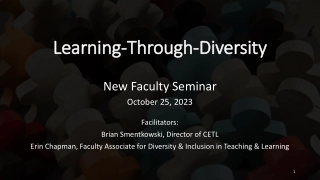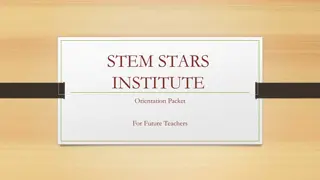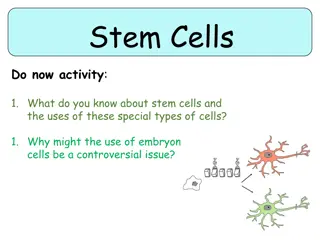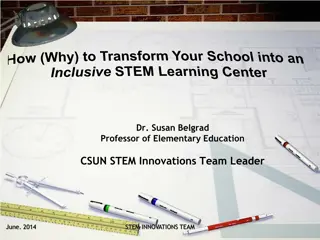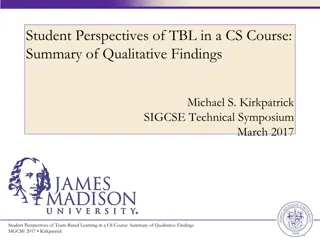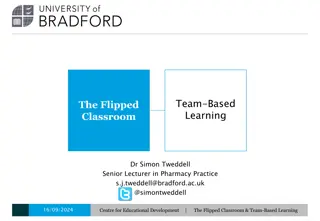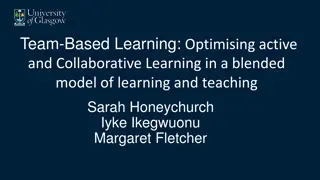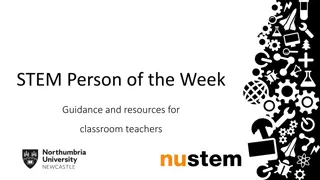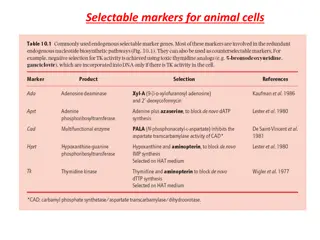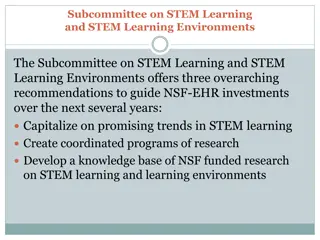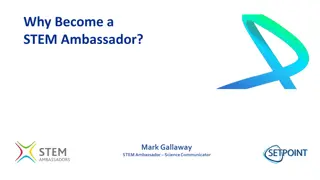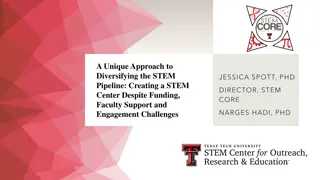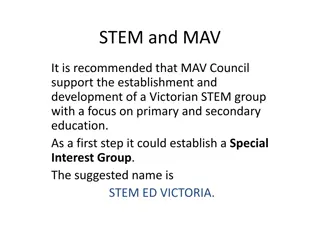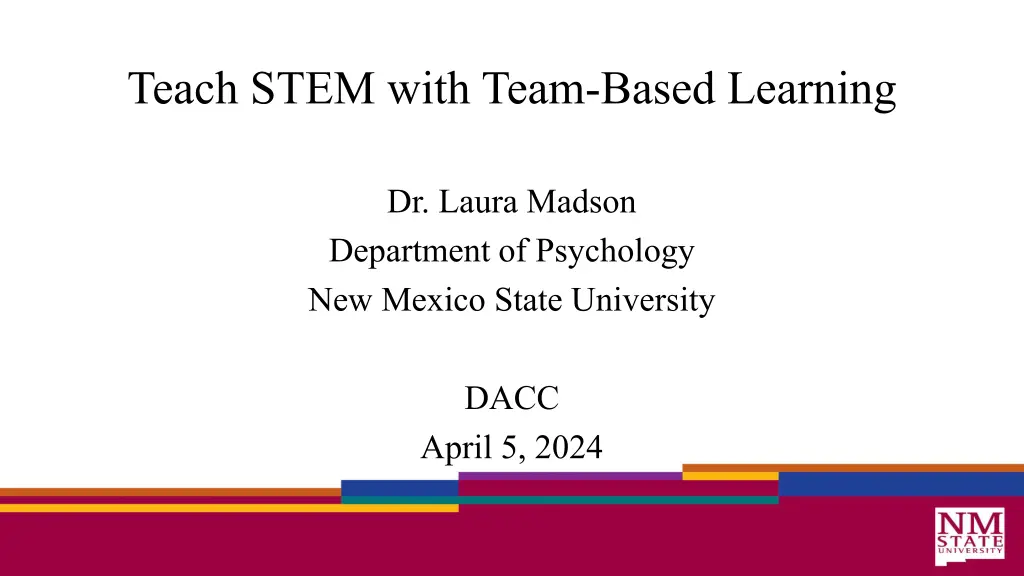
Learn about Team-Based Learning for STEM Education
"Discover the benefits and strategies of Team-Based Learning (TBL) in STEM education with insights from Dr. Laura Madson. Explore key elements, advantages, and objectives of TBL to enhance academic outcomes and teamwork skills."
Download Presentation

Please find below an Image/Link to download the presentation.
The content on the website is provided AS IS for your information and personal use only. It may not be sold, licensed, or shared on other websites without obtaining consent from the author. If you encounter any issues during the download, it is possible that the publisher has removed the file from their server.
You are allowed to download the files provided on this website for personal or commercial use, subject to the condition that they are used lawfully. All files are the property of their respective owners.
The content on the website is provided AS IS for your information and personal use only. It may not be sold, licensed, or shared on other websites without obtaining consent from the author.
E N D
Presentation Transcript
Teach STEM with Team-Based Learning Dr. Laura Madson Department of Psychology New Mexico State University DACC April 5, 2024
Acknowledgements Dr. Larry Michaelsen Emeritus Professor of Management, University of Central Missouri Jim Sibley Director of the Centre for Instructional Support at the Faculty of Applied Science at University of British Columbia Bill Roberson and Tine Reimers Center for Innovation and Excellence in Learning at Vancouver Island University
Learning objectives By the end of the session, attendees will be able to: Describe the key elements of TBL Report on their first-hand experiences with TBL Learn more about TBL to decide whether to adopt TBL principles
Advantages of TBL Improved academic outcomes Improved non-academic outcomes Class is fun and engaging Build friendships Greater perceived social support and belongingness Interpersonal and team skills Communication skills (e.g., sharing one s opinion even when it differs from one s teammates) Greater appreciation of other s opinions and cooperative leadership skills Emotional intelligence Autonomy Improved team-adaptability Attendance Critical thinking Problem-solving skills Course grades Performance on course exams Performance on standardized exams
Overview 1. The instructor strategically assigns students to permanent, diverse teams 2. Students are held accountable for completing pre-class preparation via Readiness Assurance Process 3. Class time focuses on strategically-designed team activities; instructor facilitates activities within and across teams, clarifying murky concepts and helping students compare ideas Same problem Significant problem Specific choice Simultaneous response 4. Final grades: Individual performance Team performance Peer evaluation
Team Formation Instructor assigns students to permanent teams at beginning of term Create diverse teams of 5-7 students 1. maximize team resources 2. minimize team liabilities 3. eliminate existing relationships that inhibit team cohesion
Team Formation and Introductions Line up in order by number of years you ve been teaching at DACC
Readiness Assurance Process Holds students accountable for completing pre-class preparation Individual and team portions followed by appeals process Multiple variations; demo canonical version today
Individual Readiness Assurance Test (iRAT) Which of the following is NOT one of the four characteristics of good team activities? 1) Simultaneous response 2) Self-relevant problem 3) Same problem 4) Specific choice 5) Significant problem
Team Readiness Assurance Test (tRAT) Which of the following is NOT one of the four characteristics of good team activities? 1) Simultaneous response 2) Self-relevant problem 3) Same problem 4) Specific choice 5) Significant problem
Readiness Assurance Test - Debriefing How would taking iRATs and tRATs affect student s preparation for class? understanding of course material? ability to communicate their knowledge to others?
Readiness Assurance Process - Variations Appeals included or not iRAT in class or before class Confidence responding or not tRAT using Immediate Feedback Assessment Forms (IF-ATs) Individual accountability in other forms
Readiness Assurance Test - Team Team decision Scratch to find star Multiple chances but rewards first-chance correct answers 1 scratch = 4 points 2 scratches = 2 points 3 scratches = 1 point
Team Activity Which skill is MOST important for students to develop in your classes? 1. The ability to work effectively in teams 2. Critical thinking skills 3. Ability to analyze and interpret data 4. The ability to apply knowledge and skills to real-world settings 5. Digital literacy
Simultaneous Report Which skill is MOST important for students to develop in your classes? 1. The ability to work effectively in teams 2. Critical thinking skills 3. Ability to analyze and interpret data 4. The ability to apply knowledge and skills to real-world settings 5. Digital literacy
Reflection 4Ss What kind of thinking/discussion took place in your team? Comparison/contrast Analysis Evaluation Decision-making
Process not product Example team tasks Evaluative judgement best/worst, most/least Ranking Sorting Gallery walk
Learn more Team-Based Learning Collaborative Learn TBL Team-Based Learning: A Transformative Use of Small Groups in College Teaching by Larry K. Michaelsen,Arletta Bauman Knight, L. Dee Fink (Editor) Team-Based Learning: Small Group Learning's Next Big Step: New Directions for Teaching and Learning, Number 116 by Larry K. Michaelsen, Michael Sweet, Dean X. Parmelee Team-Based Learning in the Social Sciences and Humanities: Group Work that Works to Generate Critical Thinking and Engagement by Michael Sweet, Larry K. Michaelsen Getting Started with Team-Based Learning by Jim Sibley and Peter Ostafichuk Psychology in Everyday Life (5thEd) by Laura Madson

